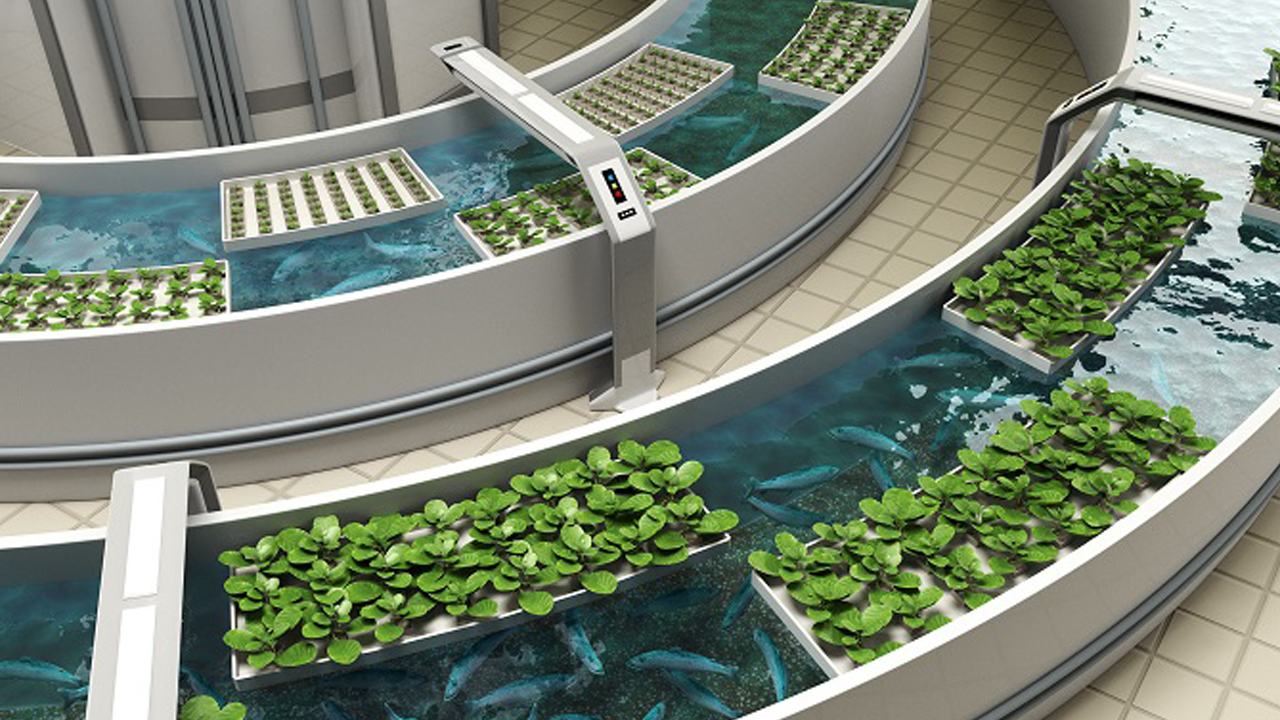Authors: Muqaddas Zaheer (IHS, UAF), Dr. Mujahid Ali (WMRF)
Introduction:
Responsive Drip Irrigation (RDI) is an innovative micro-irrigation irrigation system that provides crops with precise and efficient water and nutrient management. This system is designed to adjust the amount of water and nutrients delivered to plants in real-time, based on their specific needs and the prevailing environmental conditions. Here is a detailed note on how the Responsive Drip Irrigation system works and its benefits.
Water scarcity is a major challenge for agriculture, and traditional irrigation methods such as flood irrigation are highly inefficient, leading to water wastage and reduced crop productivity. Drip irrigation is a more efficient irrigation method, but it still faces challenges in delivering water to plants at the right time and quantity. Responsive Drip Irrigation (RDI) is a new technology that combines drip irrigation with soil moisture sensors and weather data to deliver water to plants only when it is needed, optimizing water use efficiency and crop productivity. However, more research is needed to evaluate the effectiveness of RDI in improving water use efficiency and crop productivity.
Working Principles
The RDI system consists of several components, including a drip irrigation system, sensors, and a controller. The drip irrigation system delivers water and nutrients to the plants via a network of pipes and emitters. The sensors are placed in the soil and measure key environmental parameters such as moisture levels, temperature, and nutrient availability. The controller receives data from the sensors and uses algorithms to determine the precise amount of water and nutrients that each plant needs. The controller then adjusts the water flow to the plants, providing each one with exactly the right amount of water and nutrients at the right time.
Benefits of RDI:
Increased crop yields: The precise and efficient water and nutrient management provided by the RDI system can significantly increase crop yields. This is because plants can receive the exact amount of water and nutrients they need, leading to optimal growth and development.
Water conservation: The RDI system uses water more efficiently than traditional irrigation systems, reducing overall water usage and increasing water conservation. This is particularly important in areas with water scarcity or where irrigation water is expensive.
Reduced fertilizer usage: The RDI system can reduce the amount of fertilizer needed by crops, as nutrients are delivered directly to the plants in the right amount and at the right time. This can lead to cost savings for farmers and reduce the environmental impact of fertilizer usage.
Increased efficiency: The RDI system is highly efficient, as it delivers water and nutrients directly to the roots of the plants, minimizing waste and reducing runoff. This results in lower energy costs for pumping water and lower labor costs for irrigation management.
Improved soil health: The RDI system can improve soil health by reducing soil erosion and improving nutrient availability in the soil. This can lead to better soil structure, increased microbial activity, and improved crop growth.
Conclusion: Overall, the Responsive Drip Irrigation system is an innovative and efficient way to manage water and nutrients in agriculture. Its precise and efficient water and nutrient management can increase crop yields, conserve water, reduce fertilizer usage, increase efficiency, and improve soil health.

